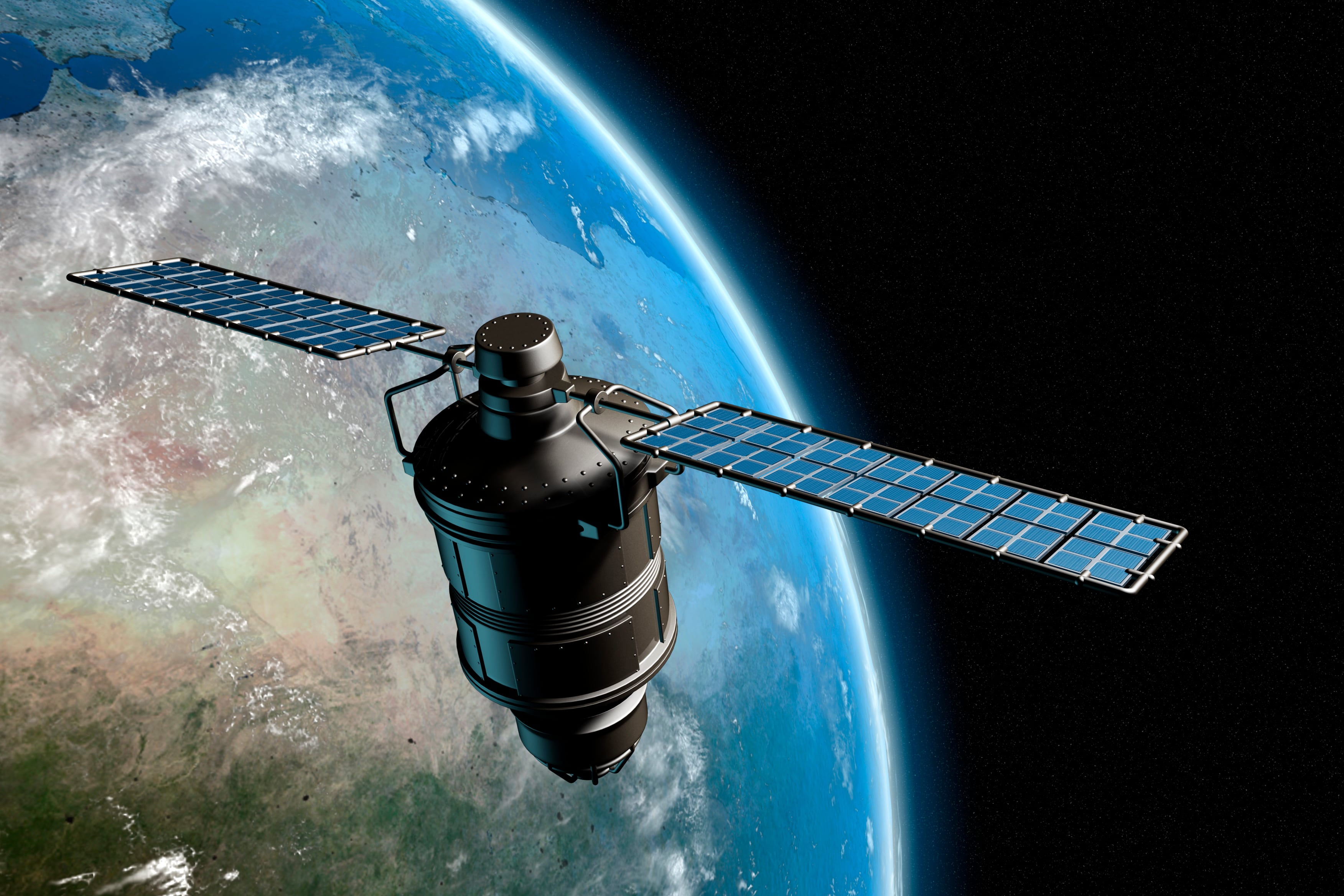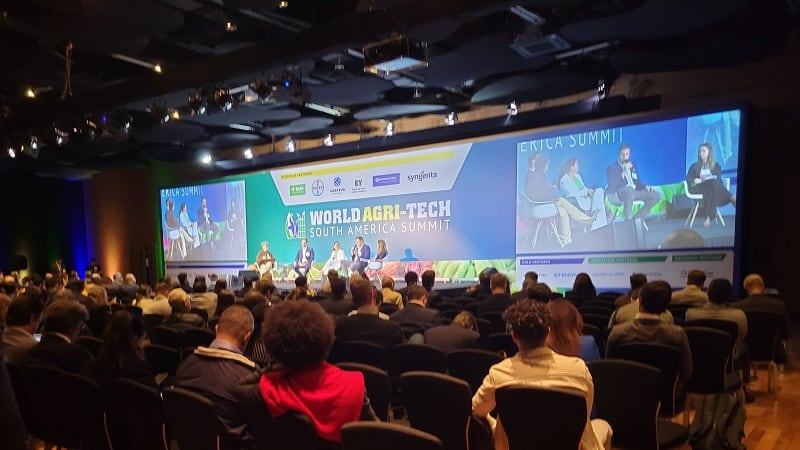Lambdai Space uses artificial intelligence (AI) and open-source satellite imagery to make climate impact data more accessible.
“To put it simply, we are leveraging technology like AI and satellite imagery to democratise access to climate impact data,” said Antonio Tinto, the firm’s co-founder and chief executive.
Before, accessing such data was a major issue given the cost to continuously monitor the data and process the raw data into valuable insights.
“We have basically solved this challenge and where we see the big need at the moment is in insurance and agriculture. This is especially so with climate-related events and disasters from floods and fires to hailstorms and heavy rain,” said Tinto.
“The insurance companies are the ones that really need help to understand climate events, climate impact, and how it affects agriculture… The challenge today is to quantify the damage and understand why it happened. The reason could be that the crop was not resilient enough to a certain weather event. We help to quantify that in order to respond to the insurance companies, which to be able to better support the farmers.”
Speaking to AgTechNavigator, Tinto said the Singapore-based company has initially been focused on expanding in Europe because the demand was higher in the region.
“We saw more attraction and demand in Europe compared to South East Asia or Asia in general. In Asia, everyone was excited about it, but it was more of a good-to-have. Whereas in Europe, there was stronger demand, and they were less risk averse in testing new technologies. And there was higher competition between insurance companies and banks as well, making innovation itself a competitive advantage.”
Setting its sights on SEA
Today, Lambdai Space is setting its sights back towards South East Asia, where Tinto has observed a gradual shift in attitude.
“Back then when there were just a few weather events, it wasn’t a big deal, and people didn’t have to scrutinise it so closely. Today, the number of events is growing, and it has affected the bottom line, making people think about insurance, a more structured process, and more precise technology.”
Furthermore, this will grow as climate tech continues to evolve.
“I see climate tech focusing on delivering real value — value that truly impacts the bottom line of companies. This shift is driven by numerous policy changes around the world, as the focus on sustainability and climate has evolved,” said Tinto.
“If you cannot prove that you deliver bottom-line value to your clients, it will be very challenging. That’s why our focus is on delivering real value to our clients, enabling them to make a meaningful impact on their own customer base.”
With its focus on SEA in the coming year, Lambdai Space recently signed up and was selected to be a part of ClimAccelerator’s 2025 cohort in the region.
“These programmes are great because you learn something new all the time. ClimAccelerator so far has been really great value in terms of, first of all, connecting with great people who are truly working to change the world from a climate perspective,” said Tinto.
“The second is connecting with industries to understand how we can better shape our proposition so it is more effective and clearly understood. As a founder, you often get extremely absorbed by the technology and the way you deliver things. Doing this exercise really helps us clarify our message to the industry, communities, and the wider ecosystem.”




